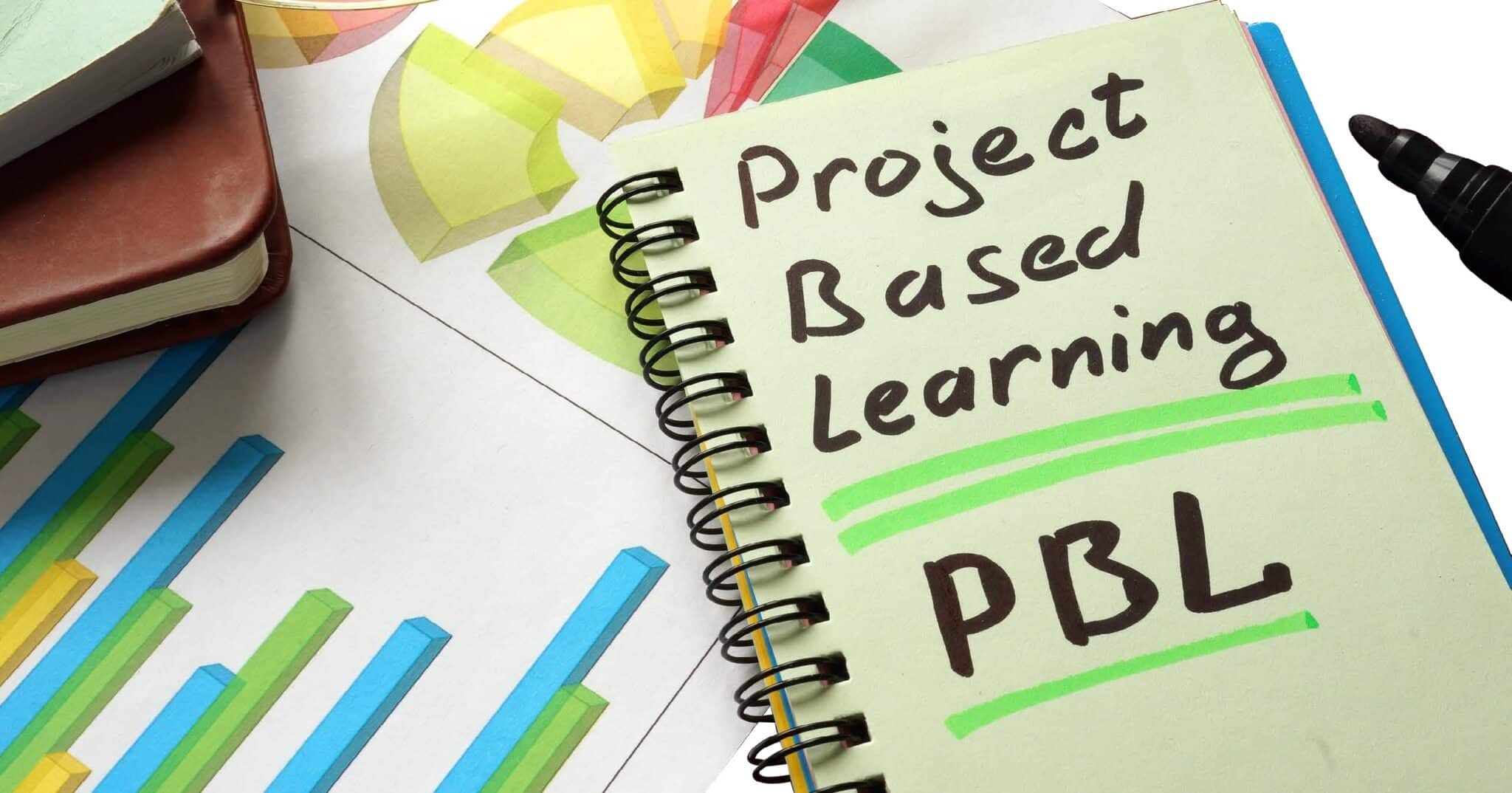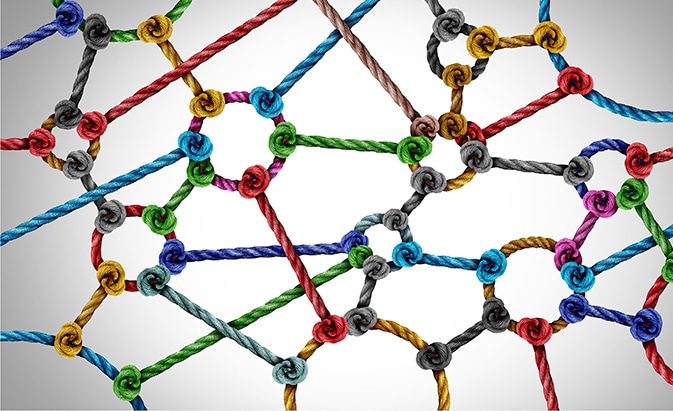
Yom Yerushalayim
August 20, 2020
Project-Based Learning: Start Here
March 1, 2021by Rabbi Aharon Lopiansky
Rabbi Aharon Lopiansky addressed the CoJDS Summer Think Tank this past July. This essay is based on that speech.
אַשְׁרֵ֚י הַגֶּ֣בֶר אֲשֶׁר־תְּיַסְּרֶ֣נּוּ יָּ֑הּ וּמִתּוֹרָֽתְךָ֥ תְלַמְּדֶֽנּוּ (תהילים צד’, יב’)
This pasuk from Tehillim seems to be referring to one who studies Torah despite yesurim. The Radak, however, explains that Dovid Hamelech is saying that Hashem teaches a person through yesurim, since a time of yesurim is a teachable moment. The Sfas Emes in Parshas Re’eh says further, that the yesurim themselves teach a person.
We went through a year of yesurim. What can we learn from our yesurim this past year? In particular, as mechanchim, how should we go about learning and teaching the lessons that these yesurim have imparted upon us, our schools, and our talmidim?
We tend to say that suffering is “all for the best” and tell stories of that nature. For example, we would tell a story where wind blew someone’s house down and as he cleared the rubble, he found treasure underneath. While it’s true that everything Hashem does is from the best, this outlook regarding yesurim – that there is always some good hidden somewhere, and the yesurim are but a means to it – is shortchanging ourselves as people who interact with HKBH. Instead, we should seek lessons and teachings from the suffering itself, for these lessons are invaluable. [Yesurim and the word mussar come from the same root.]
Yesurim teach a person that he has strengths which he wasn’t aware of, and show him weaknesses that he hadn’t necessarily known about. Perhaps the man whose house blew down learned more about what he really needs in his house, or maybe he can reflect on how he reacted when he heard the terrible news. Beyond the treasure underneath, there is good in the suffering itself when we are able to learn from it and become better. In this way, it’s truly אַשְׁרֵ֚י הַגֶּ֣בֶר אֲשֶׁר־תְּיַסְּרֶ֣נּוּ יָּ֑הּ וּמִתּוֹרָֽתְךָ֥ תְלַמְּדֶֽנּוּ.
The Kloisenburger Rebbe pushed bochurim to learn more and more. Once, one of the bochurim protested and said to him, “I don’t have the koach.” In response, the Rebbe told him that when he was young, he had been quite frail, and even needed to ask someone to help him carry his seforim. He thought he didn’t have any koach. The Rebbe concluded, however, that, “In the concentration camp I learned something about myself – that I could carry 50 lb. bags of cement!” You see this kind of thing all the time. There are people who never were able to raise a nickel and because of a burden they raised a tremendous amount of money. Rav Yechiel Perr gave a hesped about his father-in-law, Rabbi Yehuda Leib Nekritz. He related that Rav Nekritz was stuck in Siberia during the war, which were the prime years of his youth. Rav Nekritz said about that time, “I may not have learned much, but I learned about myself.”
But the opposite is also often true. Oftentimes we seem to be doing well, but if you were to probe, you would find problems deeper down. It’s like a dentist probing a tooth – for a while he can poke and scrape away, but at a certain point he hits something that’s raw and it hurts! This is true, as well, with yesurim. One of the patterns of yesurim is when we realize we’re not as strong as we thought we were. So yesurim bring out what you didn’t know you had and also what you didn’t know you were missing.
The school closures of last year give us an opportunity to reflect, with our students, on what we’ve learned about ourselves. We should try to avoid reflecting too generally – i.e. the idea that “we’re not in control” – but instead focus on some specifics what this experience of yesurim can teach us. The reflection on yesurim is the springboard for tremendous growth.
There are a number of ways to approach these conversations with students (obviously in a way that is age appropriate.)
- One question to pose to students would be: “How many of you find school to be difficult during regular, in-person schooling?” Students might discuss how the work is so hard and the days are so long, leaving little time for relaxation and pleasure. Then ask them about the days when schools were closed; when they had nothing they needed to do at all. “How did those days feel? How about if there were many of those days, one after another?” Student may start to see that being unproductive is wretched. Vacation is when you work hard and then you have time to rest; but having nothing to do is terrible. Adam la’amal yulad. People talk about “leisure culture” – as if it’s the best thing; that’s a sham! A person needs to feel that he has work to do and succeeds in its accomplishment. We need to have some kind of schedule and pressure to keep us on track.
- If students participated in phone or video conference learning, ask them if they learned better at home or in school, and why. Of course, learning in school comes with some sacrifices, such as having to commute, being on time in the morning so we don’t miss our ride or bus, etc. But can we realize now, looking back, that it’s worth the sacrifice?
- Ask students about davening at home. “Where was your davening better, at home or in shul?” There’s no wrong answer, as some could have felt that davening was better at home while others find davening in shul or school to be more meaningful, but the main goal is to think about the “why.” Now that shuls and schools are open for davening, ask them if they can take some of the benefits of home davening to their minyanim?
- Many families missed out on opportunities and activities due to the shutdown. Perhaps here were missed vacations, Yom Tov without guests, or disrupted summer plans. Ask students to reflect on how many things they had to forgo during this tekufa. “Now, achar hama’aseh – how did you cope with it?” We have a desire for good and nice things, but we also need to have strength to do without. Often, we can survive and even thrive without everything we’ve become used to. The point here is about not about taking less gashmiyus per se, but rather in the sense of discovering newfound personal strength, when one had to do without. A rosh yeshiva I know in Eretz Yisrael related that his talmidim sometimes complain about the lack of gashmiyus in Eretz Yisrael. He tries to show them how the ability to do without something should be very empowering. When I came to the Mir Yeshiva as a young man, the conditions were terrible; in fact, I slept on a straw mattress. [My father, who was a Holocaust survivor, came to visit me, and when he saw my bed he said, “Wow, how do you sleep on this?”] It gave us a sense of empowerment; that we can make learning happen under any circumstance.
- Another important conversation will help students try to understand themselves in term of bein adam lachavero. Ask them if there were moments where they acted to their families in ways that they should not have. Why do they think they did that? “But aren’t you basically a nice guy?” It’s important to reflect: “Are we nice because we respect others or just because everything is usually good and there is not much to be not nice about?”
- One final topic to bring up is loneliness. A lot of people were lonely, for example, over Pesach, sitting at the Seder all alone. Ask students to imagine a Pesach seder all alone. Maybe ask them to think of a specific person who went through this. It is the first time in our lives that many of us can imagine what loneliness feels like. Of course, talmidim can use this thought process to help them understand why it’s important to visit people who are lonely. Lonely doesn’t necessarily mean not having anyone else around. There are people all around us who are always “alone.” Ask talmidim to think of what it means to be not invited to something, and how they think that feels. I remember a boy in our yeshiva many years ago; he was a fairly typical bachur, but a bit socially awkward. He came to me once and asked, “Every year at simchas Torah, do you know when I get an aliya? When the gabbai looks around the room and says, ‘Did everyone get an aliya?’” That hurt to hear. But he continued. “This year I stood right next to the gabbai so he would see me, but the same thing happened. Rebbi,” he asked me sadly, “why I am always that person?” It was wrenching for me to hear his pain! It’s so important for all of us to understand what loneliness feels like and what it’s like to be left out.
There are lessons that are taught with words. And there are lessons lived through with our bodies. Hashem has provided those lessons for us; it is our job to add the captions!
Rabbi Ahron Lopiansky is the Rosh Yeshiva of the Yeshiva of Greater Washington. He is the author of numerous scholarly works in Hebrew and English. Rabbi Lopiansky has a unique teaching ability that lures one into the depths of Chazal, pulling out profound messages as well as inspirational and practical lesson for life. His depth of understanding and broad application of the sugyos provides new clarity and insight into the many facets of Torah.

